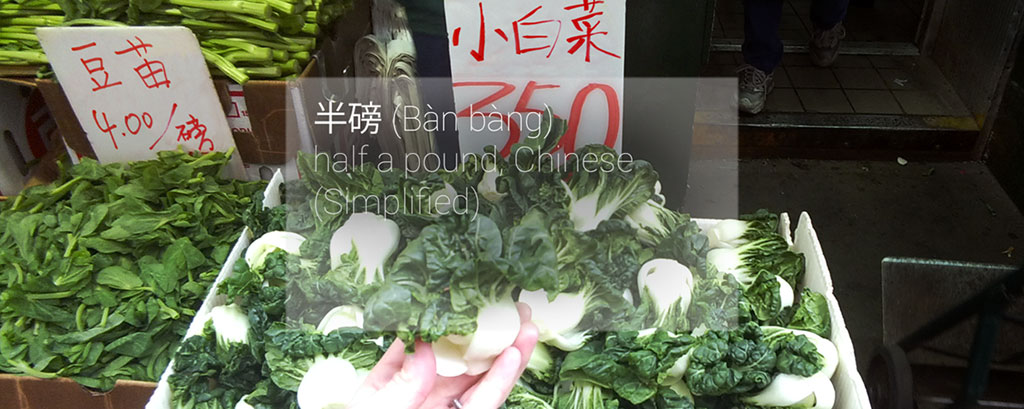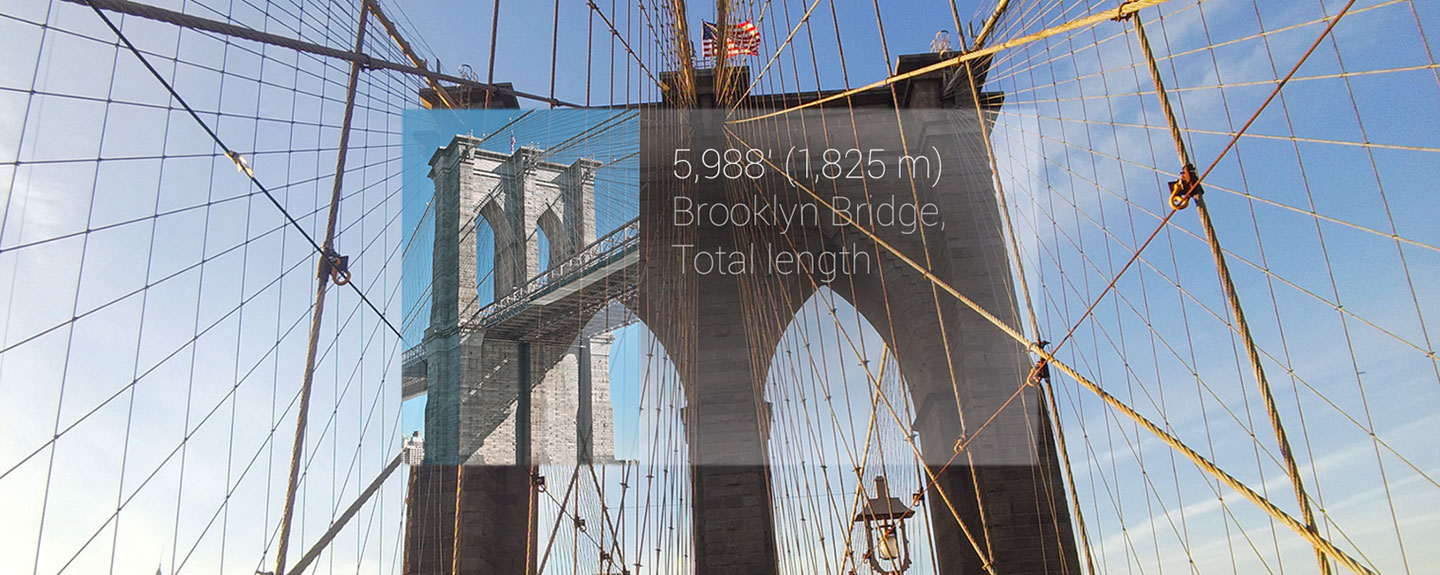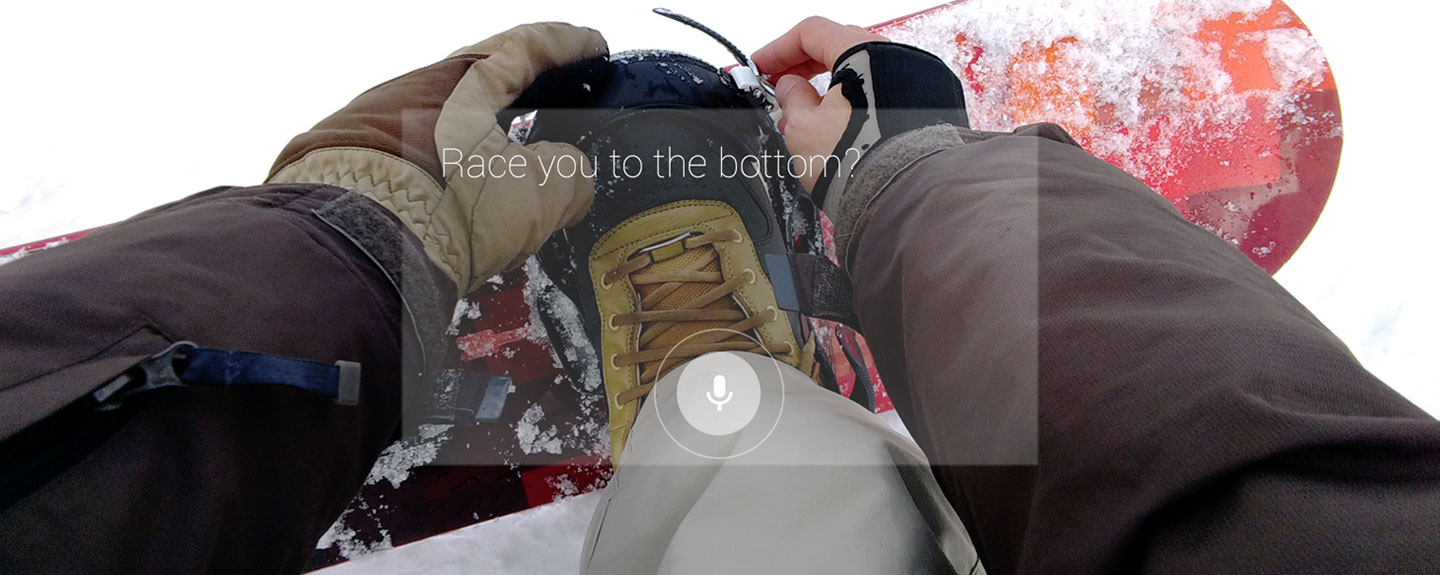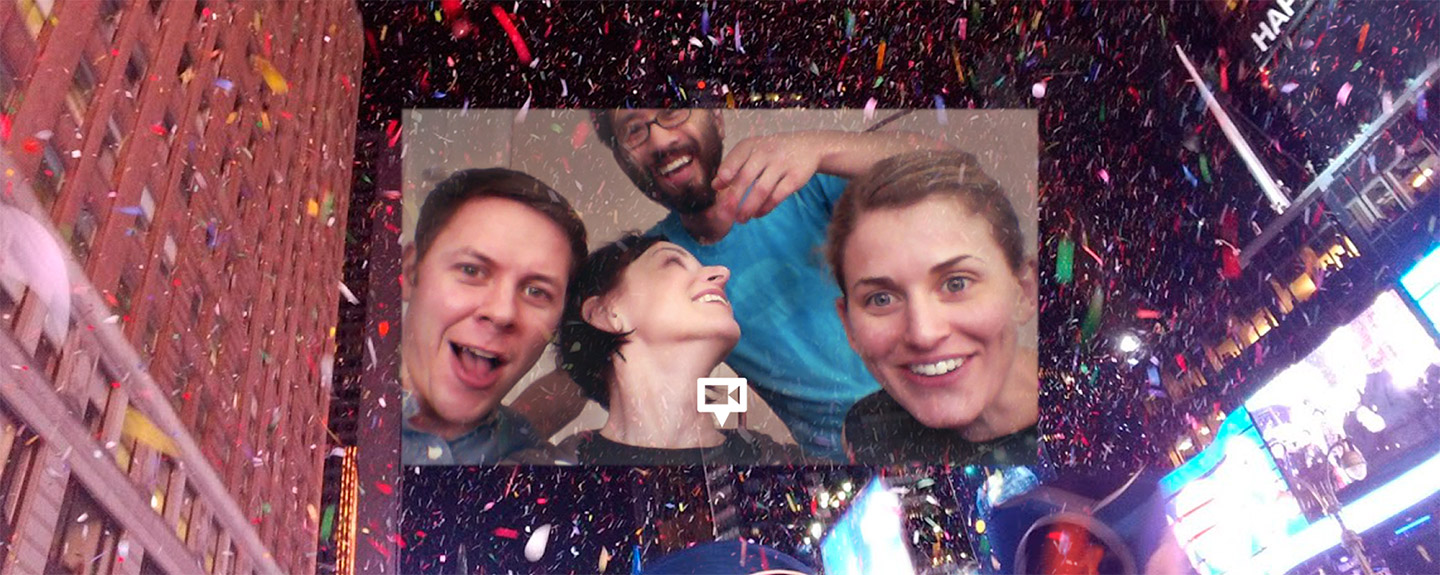"To Graça Machel and the Mandela
family; to President Zuma and members of the government; to heads of
state and government, past and present; distinguished guests - it is a
singular honor to be with you today, to celebrate a life unlike any
other. To the people of South Africa - people of every race and walk of
life - the world thanks you for sharing Nelson Mandela with us. His
struggle was your struggle. His triumph was your triumph. Your dignity
and hope found expression in his life, and your freedom, your democracy
is his cherished legacy.
It is hard to eulogize any man - to
capture in words not just the facts and the dates that make a life, but
the essential truth of a person - their private joys and sorrows; the
quiet moments and unique qualities that illuminate someone’s soul. How
much harder to do so for a giant of history, who moved a nation toward
justice, and in the process moved billions around the world.
Born during World War I, far from
the corridors of power, a boy raised herding cattle and tutored by
elders of his Thembu tribe - Madiba would emerge as the last great
liberator of the 20th century. Like Gandhi, he would lead a resistance
movement - a movement that at its start held little prospect of
success. Like King, he would give potent voice to the claims of the
oppressed, and the moral necessity of racial justice. He would endure a
brutal imprisonment that began in the time of Kennedy and Khrushchev,
and reached the final days of the Cold War. Emerging from prison,
without force of arms, he would - like Lincoln - hold his country
together when it threatened to break apart. Like America’s founding
fathers, he would erect a constitutional order to preserve freedom for
future generations - a commitment to democracy and rule of law ratified
not only by his election, but by his willingness to step down from
power.
Given the sweep of his life, and
the adoration that he so rightly earned, it is tempting then to remember
Nelson Mandela as an icon, smiling and serene, detached from the tawdry
affairs of lesser men. But Madiba himself strongly resisted such a
lifeless portrait. Instead, he insisted on sharing with us his doubts
and fears; his miscalculations along with his victories. “I’m not a
saint,” he said, “unless you think of a saint as a sinner who keeps on
trying.”
It was precisely because he could
admit to imperfection - because he could be so full of good humor, even
mischief, despite the heavy burdens he carried - that we loved him so.
He was not a bust made of marble; he was a man of flesh and blood - a
son and husband, a father and a friend. That is why we learned so much
from him; that is why we can learn from him still. For nothing he
achieved was inevitable. In the arc of his life, we see a man who
earned his place in history through struggle and shrewdness; persistence
and faith. He tells us what’s possible not just in the pages of dusty
history books, but in our own lives as well.
Mandela showed us the power of
action; of taking risks on behalf of our ideals. Perhaps Madiba was
right that he inherited, “a proud rebelliousness, a stubborn sense of
fairness” from his father. Certainly he shared with millions of black
and colored South Africans the anger born of, “a thousand slights, a
thousand indignities, a thousand unremembered moments…a desire to fight
the system that imprisoned my people.”
But like other early giants of the
ANC - the Sisulus and Tambos - Madiba disciplined his anger; and
channeled his desire to fight into organization, and platforms, and
strategies for action, so men and women could stand-up for their
dignity. Moreover, he accepted the consequences of his actions, knowing
that standing up to powerful interests and injustice carries a price.
“I have fought against white domination and I have fought against black
domination,” he said at his 1964 trial. “I’ve cherished the ideal of a
democratic and free society in which all persons live together in
harmony and with equal opportunities. It is an ideal which I hope to
live for and to achieve. But if needs be, it is an ideal for which I am
prepared to die.”
Mandela taught us the power of
action, but also ideas; the importance of reason and arguments; the need
to study not only those you agree with, but those who you don’t. He
understood that ideas cannot be contained by prison walls, or
extinguished by a sniper’s bullet. He turned his trial into an
indictment of apartheid because of his eloquence and passion, but also
his training as an advocate. He used decades in prison to sharpen his
arguments, but also to spread his thirst for knowledge to others in the
movement. And he learned the language and customs of his oppressor so
that one day he might better convey to them how their own freedom
depended upon his.
Mandela demonstrated that action
and ideas are not enough; no matter how right, they must be chiseled
into laws and institutions. He was practical, testing his beliefs
against the hard surface of circumstance and history. On core
principles he was unyielding, which is why he could rebuff offers of
conditional release, reminding the Apartheid regime that, “prisoners
cannot enter into contracts.” But as he showed in painstaking
negotiations to transfer power and draft new laws, he was not afraid to
compromise for the sake of a larger goal. And because he was not only a
leader of a movement, but a skillful politician, the Constitution that
emerged was worthy of this multiracial democracy; true to his vision of
laws that protect minority as well as majority rights, and the precious
freedoms of every South African.
Finally, Mandela understood the
ties that bind the human spirit. There is a word in South Africa-
Ubuntu - that describes his greatest gift: his recognition that we are
all bound together in ways that can be invisible to the eye; that there
is a oneness to humanity; that we achieve ourselves by sharing ourselves
with others, and caring for those around us. We can never know how
much of this was innate in him, or how much of was shaped and burnished
in a dark, solitary cell. But we remember the gestures, large and small
- introducing his jailors as honored guests at his inauguration; taking
the pitch in a Springbok uniform; turning his family’s heartbreak into a
call to confront HIV/AIDS - that revealed the depth of his empathy and
understanding. He not only embodied Ubuntu; he taught millions to find
that truth within themselves. It took a man like Madiba to free not
just the prisoner, but the jailor as well; to show that you must trust
others so that they may trust you; to teach that reconciliation is not a
matter of ignoring a cruel past, but a means of confronting it with
inclusion, generosity and truth. He changed laws, but also hearts.
For the people of South Africa, for
those he inspired around the globe - Madiba’s passing is rightly a time
of mourning, and a time to celebrate his heroic life. But I believe it
should also prompt in each of us a time for self-reflection. With
honesty, regardless of our station or circumstance, we must ask: how
well have I applied his lessons in my own life?
It is a question I ask myself - as a
man and as a President. We know that like South Africa, the United
States had to overcome centuries of racial subjugation. As was true
here, it took the sacrifice of countless people - known and unknown - to
see the dawn of a new day. Michelle and I are the beneficiaries of
that struggle. But in America and South Africa, and countries around
the globe, we cannot allow our progress to cloud the fact that our work
is not done. The struggles that follow the victory of formal equality
and universal franchise may not be as filled with drama and moral
clarity as those that came before, but they are no less important. For
around the world today, we still see children suffering from hunger, and
disease; run-down schools, and few prospects for the future. Around
the world today, men and women are still imprisoned for their political
beliefs; and are still persecuted for what they look like, or how they
worship, or who they love.
We, too, must act on behalf of
justice. We, too, must act on behalf of peace. There are too many of
us who happily embrace Madiba’s legacy of racial reconciliation, but
passionately resist even modest reforms that would challenge chronic
poverty and growing inequality. There are too many leaders who claim
solidarity with Madiba’s struggle for freedom, but do not tolerate
dissent from their own people. And there are too many of us who stand
on the sidelines, comfortable in complacency or cynicism when our voices
must be heard.
The questions we face today - how
to promote equality and justice; to uphold freedom and human rights; to
end conflict and sectarian war - do not have easy answers. But there
were no easy answers in front of that child in Qunu. Nelson Mandela
reminds us that it always seems impossible until it is done. South
Africa shows us that is true. South Africa shows us we can change. We
can choose to live in a world defined not by our differences, but by our
common hopes. We can choose a world defined not by conflict, but by
peace and justice and opportunity.
We will never see the likes of
Nelson Mandela again. But let me say to the young people of Africa, and
young people around the world - you can make his life’s work your own.
Over thirty years ago, while still a student, I learned of Mandela and
the struggles in this land. It stirred something in me. It woke me up
to my responsibilities - to others, and to myself - and set me on an
improbable journey that finds me here today. And while I will always
fall short of Madiba’s example, he makes me want to be better. He
speaks to what is best inside us. After this great liberator is laid to
rest; when we have returned to our cities and villages, and rejoined
our daily routines, let us search then for his strength - for his
largeness of spirit - somewhere inside ourselves. And when the night
grows dark, when injustice weighs heavy on our hearts, or our best laid
plans seem beyond our reach - think of Madiba, and the words that
brought him comfort within the four walls of a cell:
It matters not how strait the gate,
How charged with punishments the scroll,
I am the master of my fate:
I am the captain of my soul.
What a great soul it was. We will
miss him deeply. May God bless the memory of Nelson Mandela. May God
bless the people of South Africa."
No surprise He got the loudest applause from the crowd.When Barry speaks,he speaks in the peoples language touching the deepest points of hearts.
Research From








